Which African Nations Elected Their Presidents in 2023?
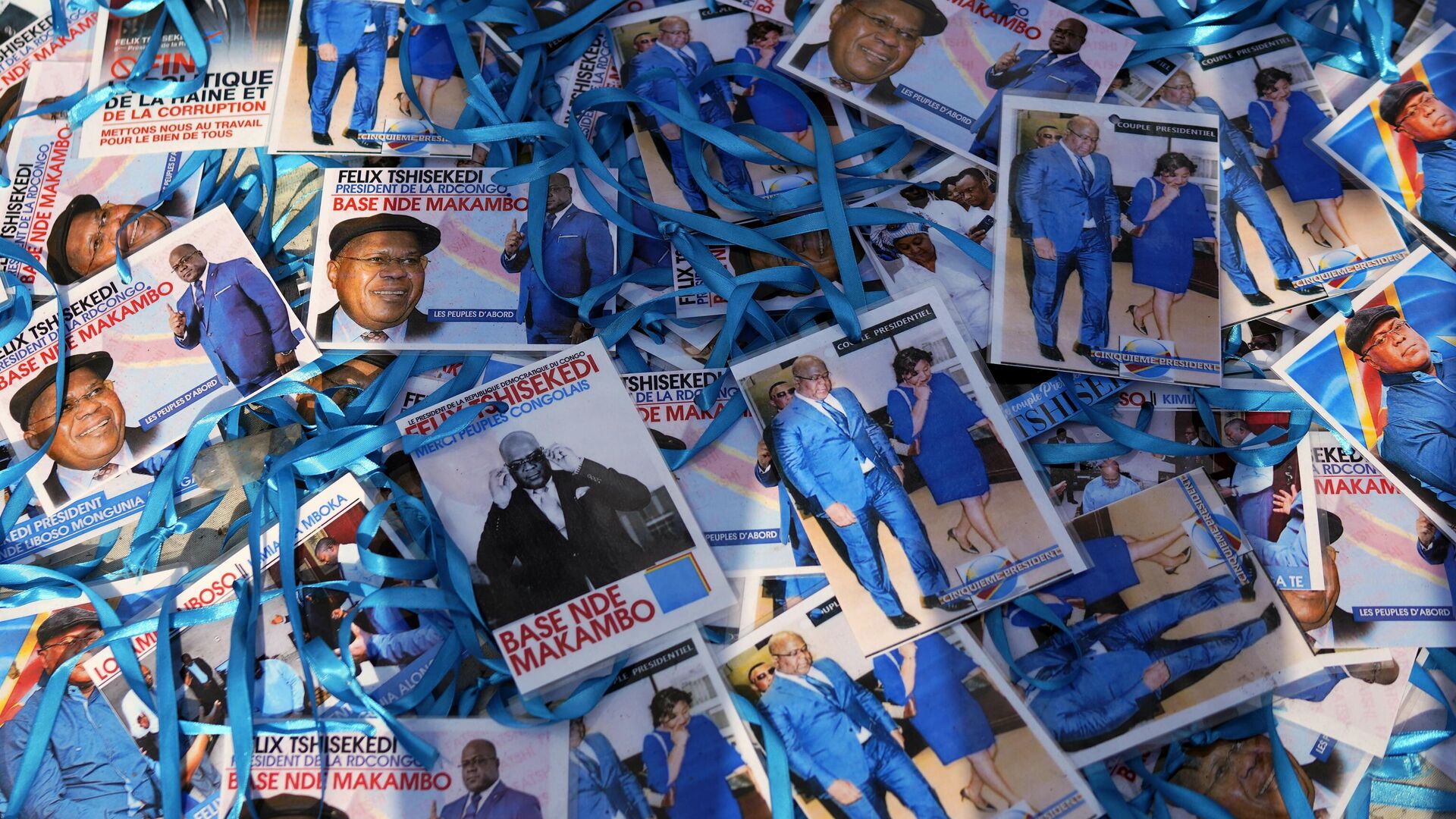
© AP Photo / Jerome Delay
Subscribe
In 2023, voters in seven African nations went to the polls to decide who would lead their countries. As a result, three leaders were elected and four other presidents were (almost) reinstated. In these final days of the year, Sputnik takes stock of Africa's presidential elections.
Nigeria
Africa's largest economy and most populous country elected a new leader in February. Bola Ahmed Tinubu, the candidate of the ruling party, succeeded Muhammadu Buhari, who had led the country for two terms.
The new leader won the first round of the election with 37.8% of the vote. He defeated the People's Democratic Party candidate, Atiku Abubakar (29.8%), and the Labor Party candidate, Peter Obi (26.1%). Tinubu took over the presidency of Nigeria on May 29.
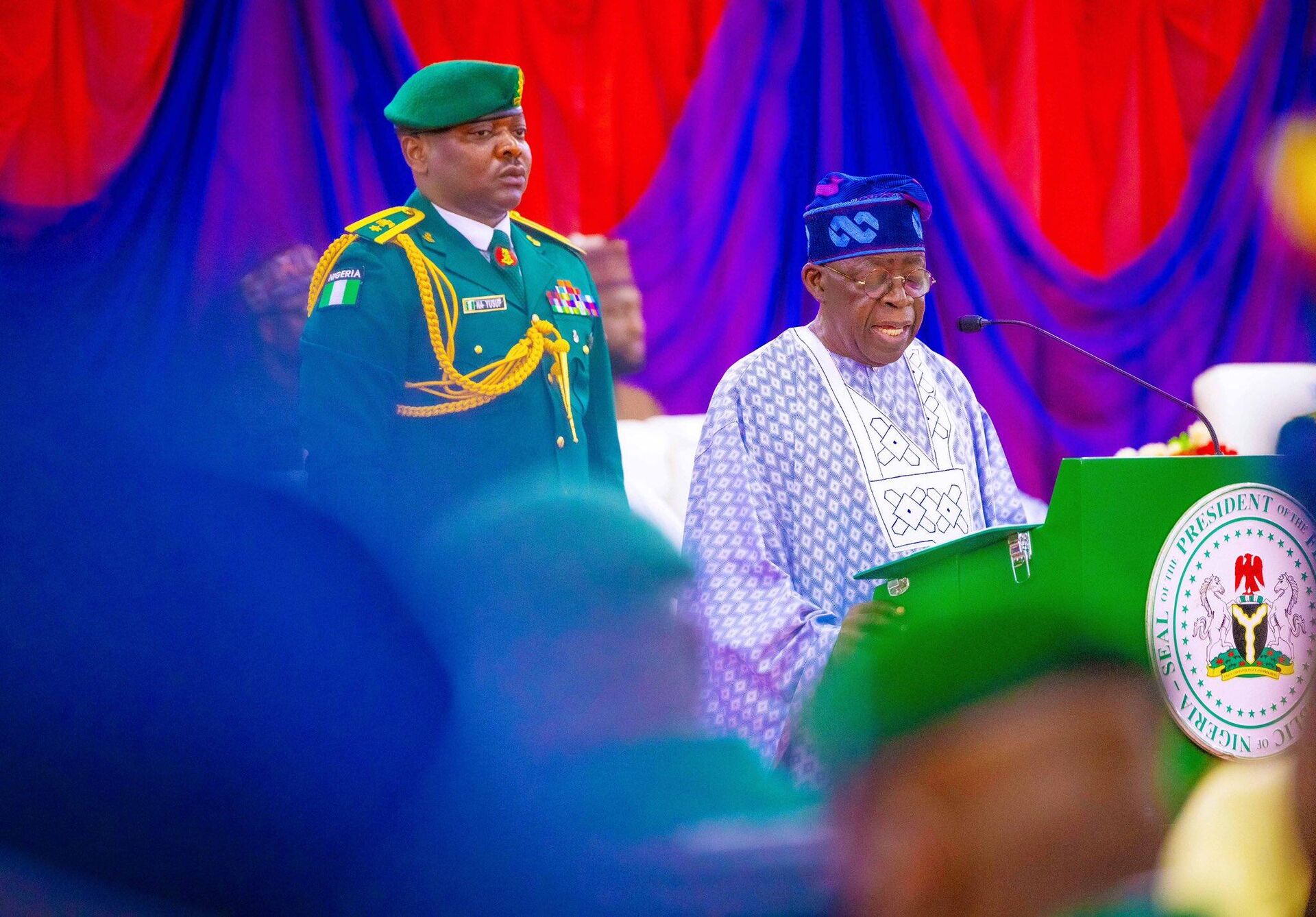
Nigerian President Bola Tinubu speaking at the graduation ceremony of the Armed Forces Command and Staff College Senior Course 45 on July 21, 2023.
© Photo Twitter / @officialABAT
Sierra Leone
Presidential elections in Sierra Leone took place on June 24. Outgoing head of state Julius Maada Bio won the first round against 13 other candidates. He received 56.17% of the vote, while his main rival, former Foreign Minister Samura Kamara, received 41.16%.
Julius Maada Bio was inaugurated on June 27.
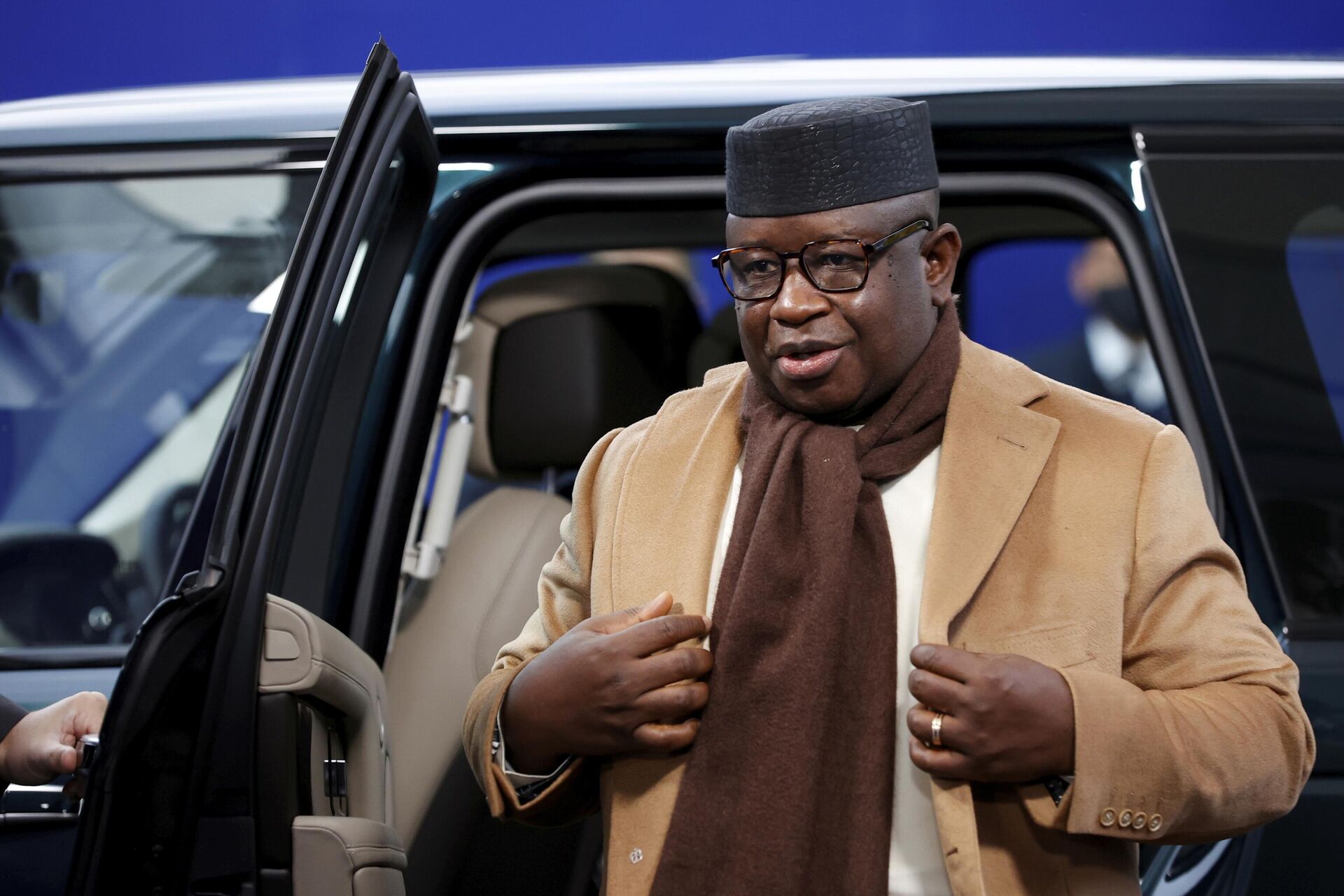
Sierra Leone President Julius Maada Bio arrives for the COP26 summit at the Scottish Event Campus (SEC) in Glasgow, Scotland, Monday Nov. 1, 2021.
© Phil Noble
Zimbabwe
Emmerson Mnangagwa, who has been in power since 2017, was re-elected for a second term. He emerged victorious after the first round with 52.6% of the vote. His main rival, Nelson Chamisa, leader of the Movement for Change, received 44% of the vote.
Emmerson Mnangagwa's new presidential term began on September 4.
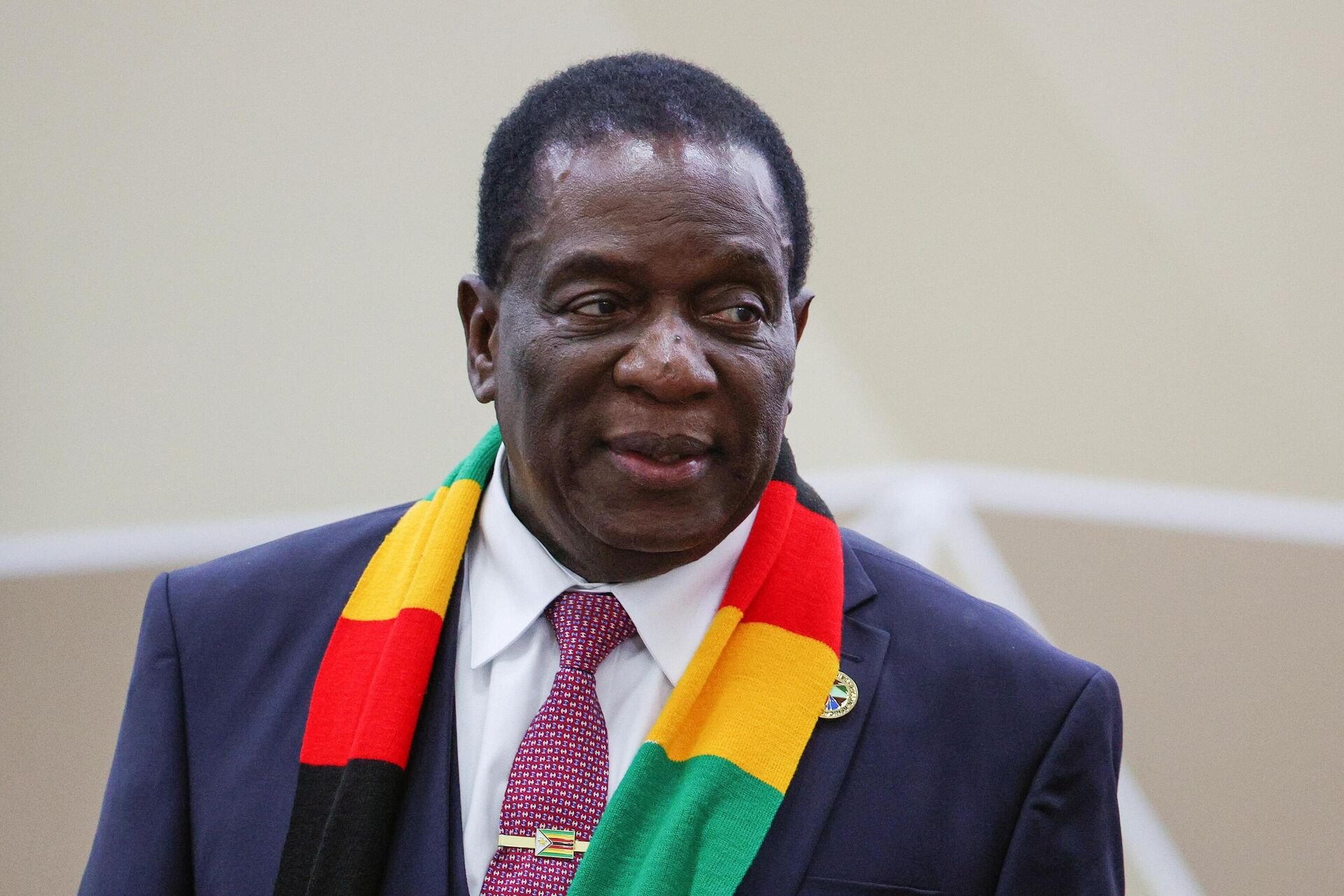
Emmerson Mnangagwa au 2e sommet Russie-Afrique
© Agence d'hébergement d'images TASS
/ Gabon
Gabon held presidential elections on August 26. On August 30, the electoral commission announced that President Ali Bongo Ondimba, in office since 2009, had been re-elected for a third term with 64.2% of the vote.
On the same day, a group of senior military officers announced on national television that the president had been overthrown. General Brice Oligui Nguema, commander of the Republican Guard, was named interim president and sworn in on September 4.
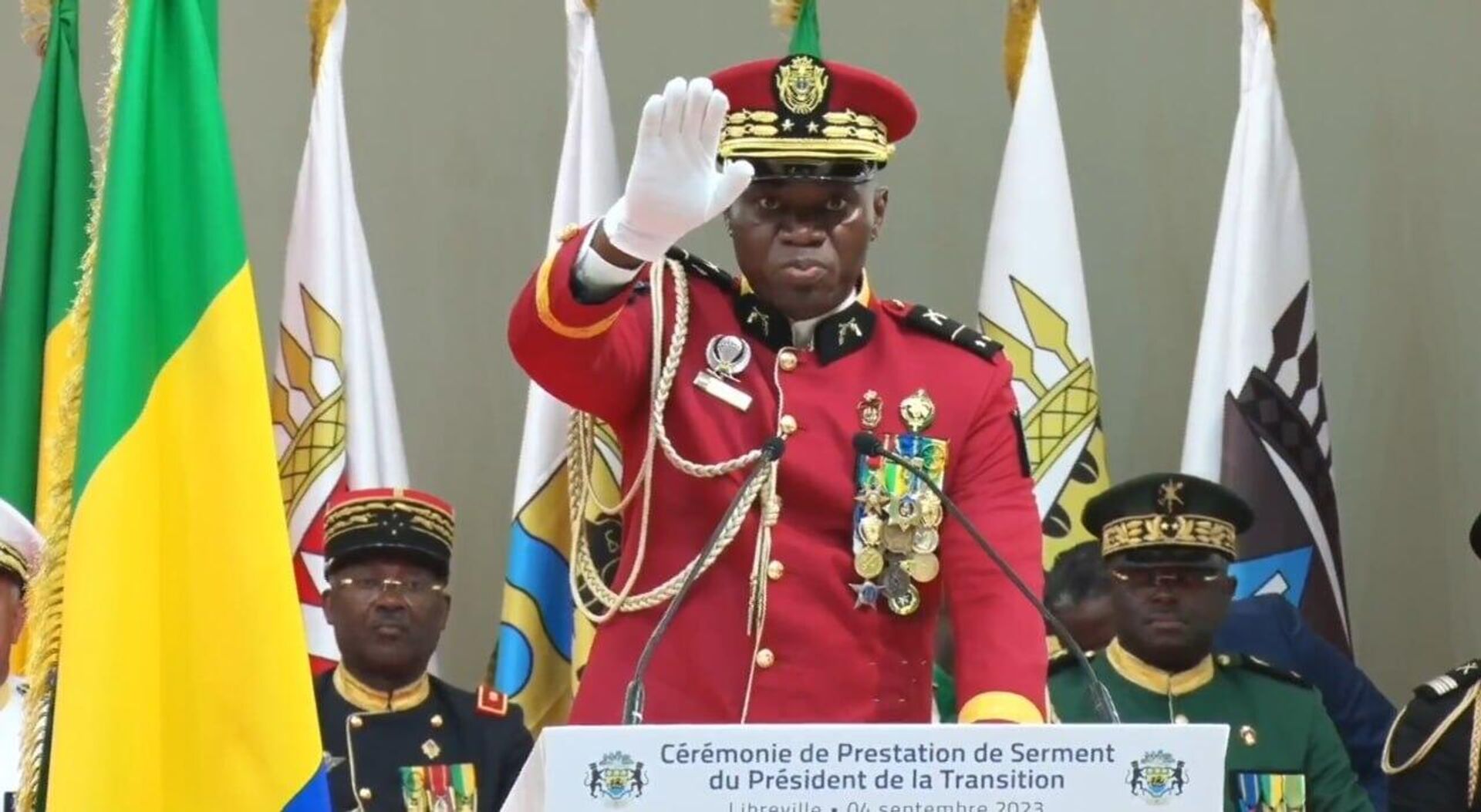
Gabonese interim military leader General Brice Oligui Nguema
© Photo
Liberia
In Liberia, the fate of the presidency was decided in the second round of voting. Two heavyweights of Liberian politics, former Vice President Joseph Boakai and outgoing Head of State George Weah, faced each other.
At the end of voting on November 14, Joseph Boakai won 50.64% of the vote to his rival's 49.36%, a revenge for the latter after his defeat in 2017. Back then, Joseph Boakai (38.5%) lost the second round to George Weah (61.5%).
The new head of state will move into the presidential palace on January 22, 2024.
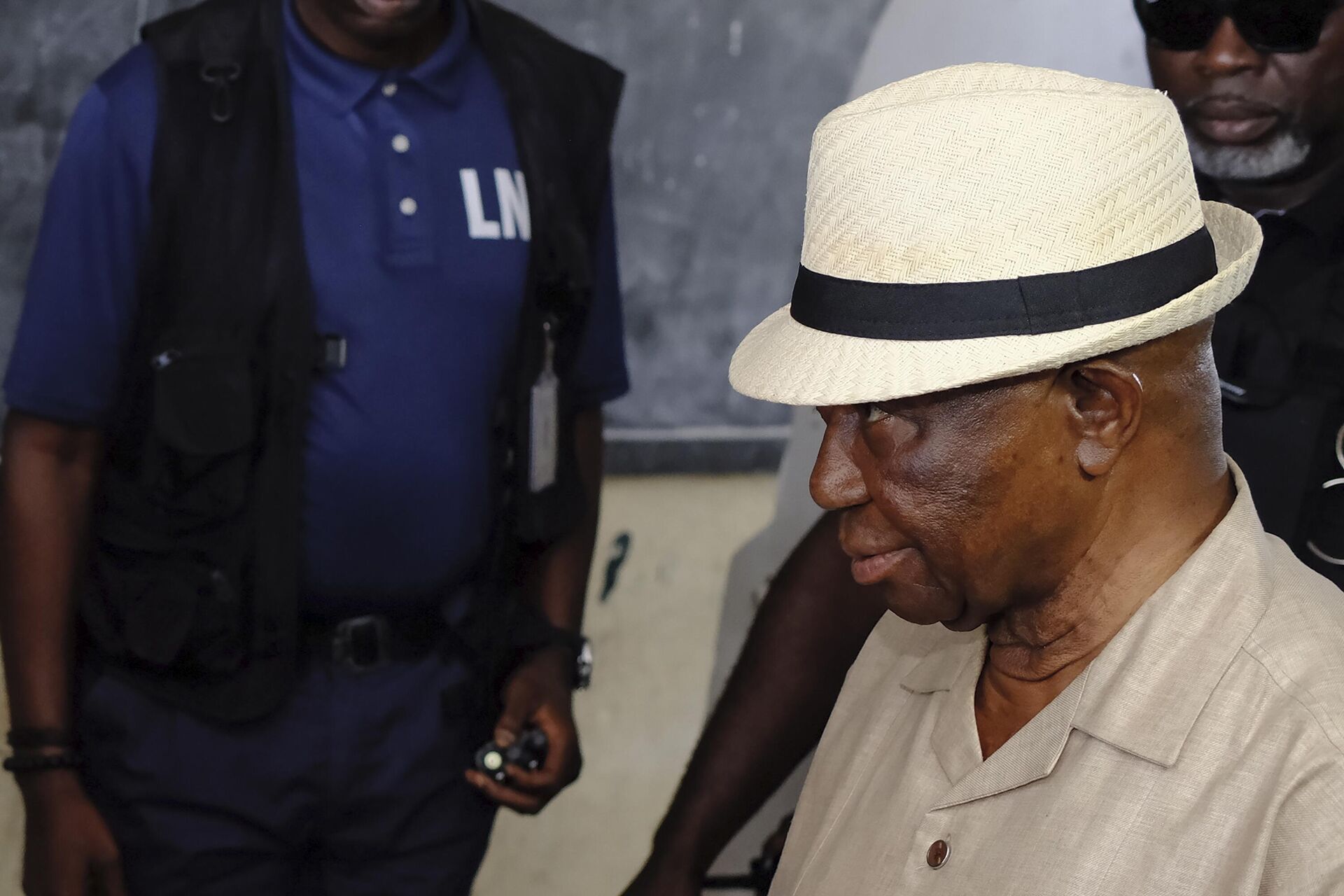
Opposition candidate Joseph Boakai arrives to vote in the second round of presidential elections in Monrovia, Liberia, Tuesday, Nov. 14, 2023.
© AP Photo / Rami Malek
Madagascar
On November 16, Andry Rajoelina, who held office from 2009 to 2014 and from 2019 to 2023, was re-elected president of Madagascar. He received 58.9% of the votes cast, while his closest rival, Siteni Randrianasoloniaiko, received 14.4%. The opposition, which had called on its supporters to boycott the election, did not recognize the results.
Madagascar's new president was inaugurated on December 16 in Antananarivo.
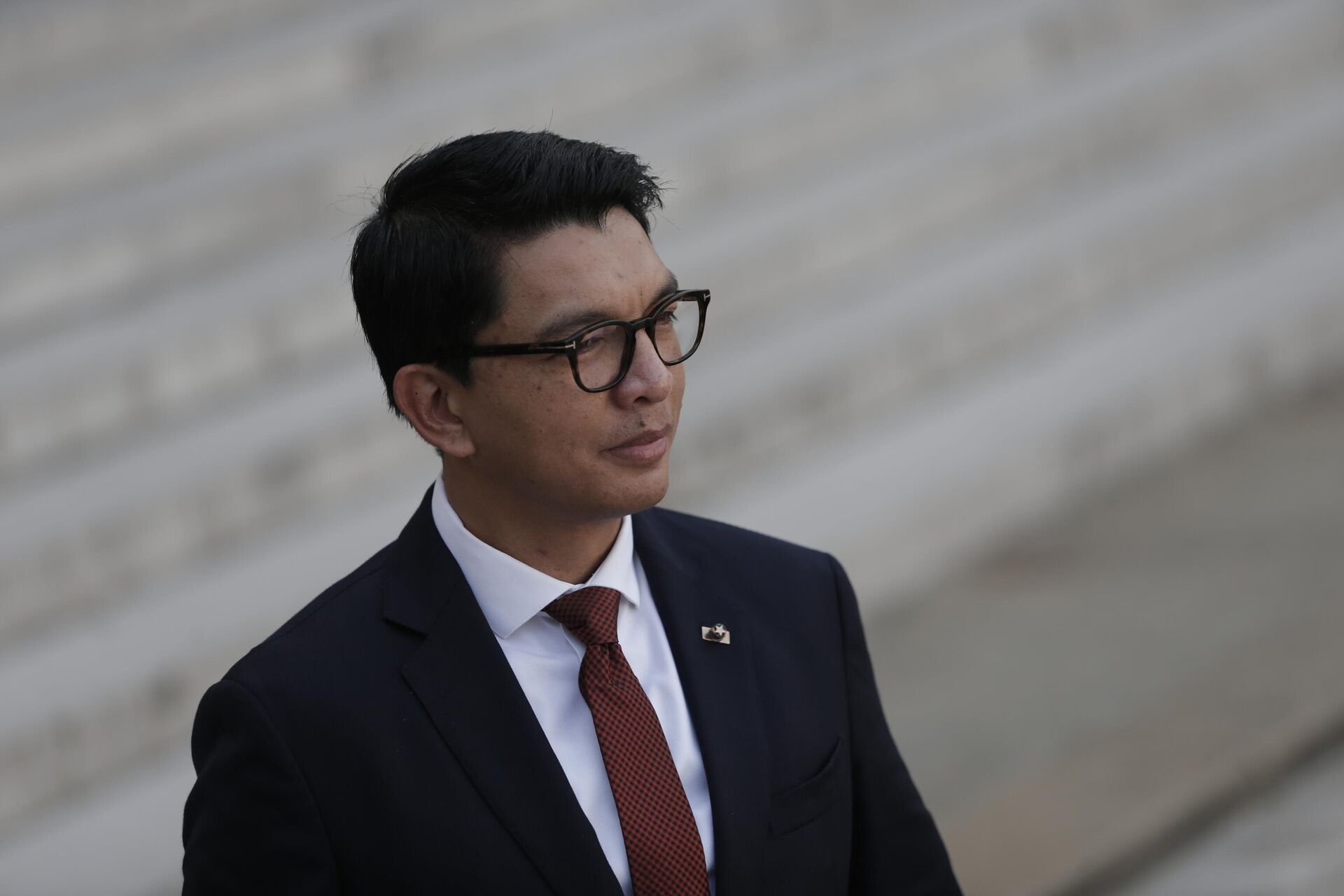
Madagascar's President Andry Rajoelina answers reporters before their talks
© AP Photo / Lewis Joly
DR Congo
On December 20, 19 candidates participated in the first round of the presidential election in the Democratic Republic of the Congo (DRC).
According to the initial results, incumbent President Felix Tshisekedi (until 2019) came out on top. On December 29, he won 76.32% of the vote. He is followed by former governor of Katanga province and businessman Moise Katumbi with 16.5% of the vote.
The final results have not yet been released.
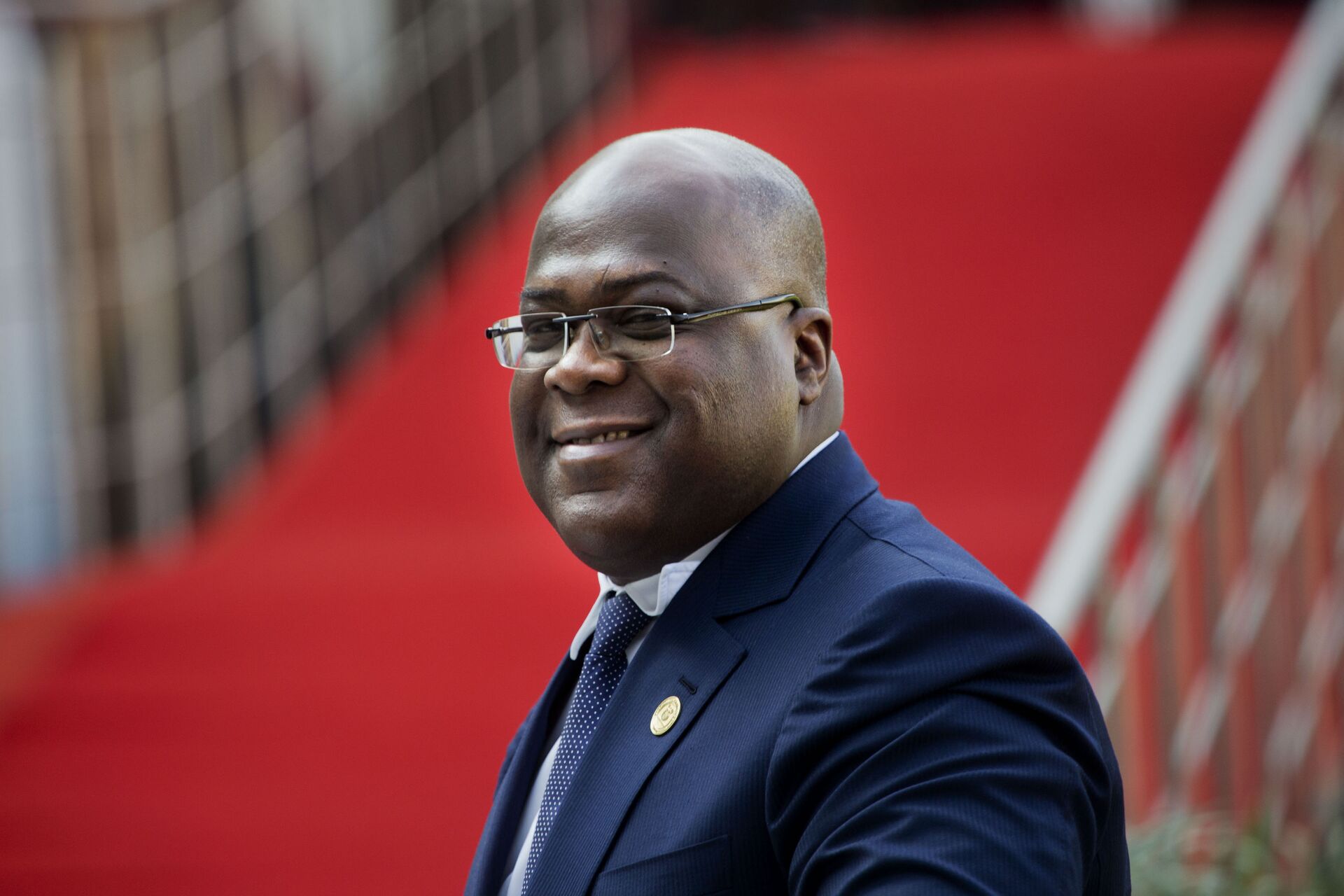
© AP Photo

